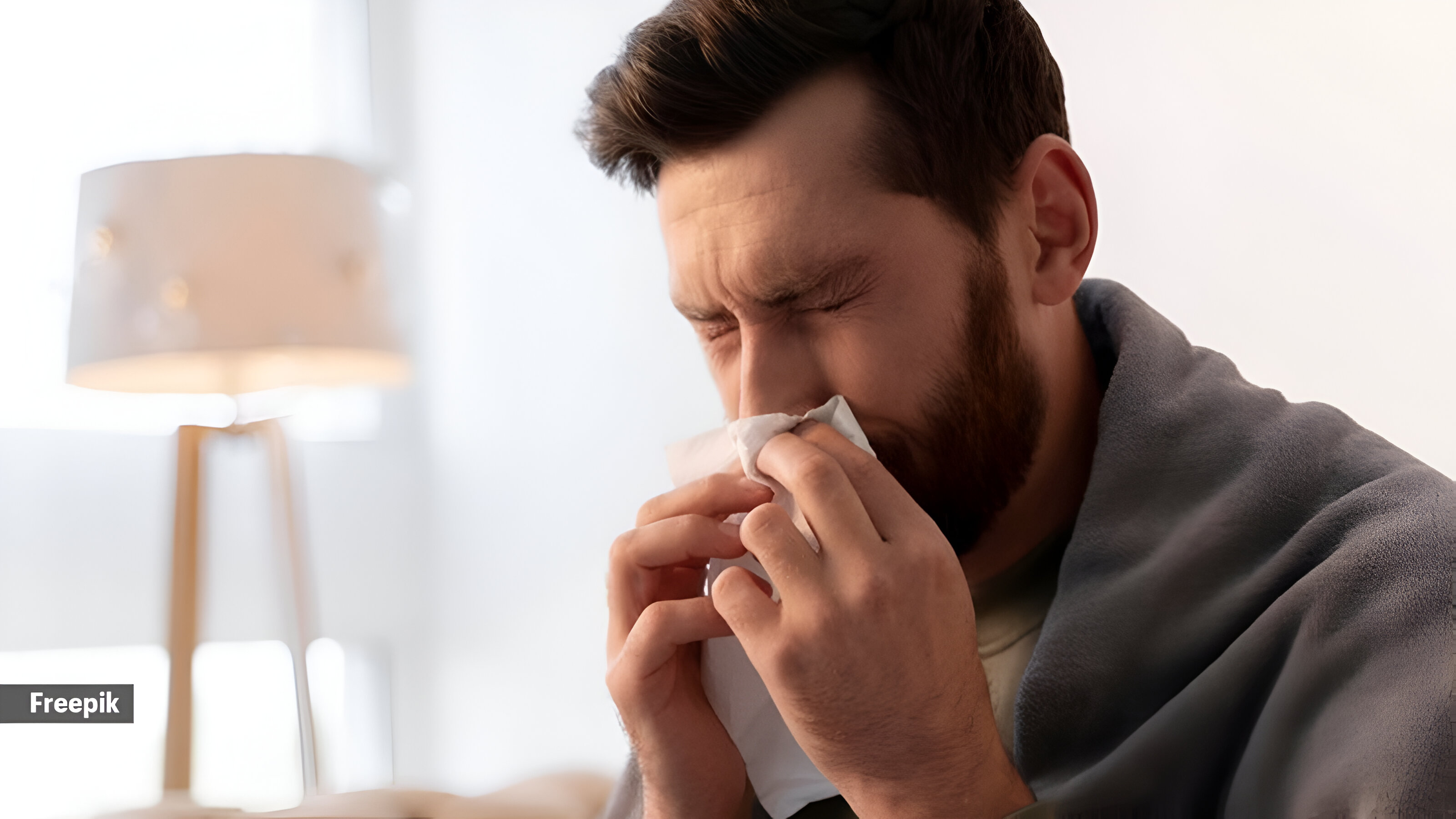
As winter approaches, many people notice an increase in colds and respiratory illnesses. This isn’t coincidental. Several factors unique to colder months make individuals more susceptible to viral infections, including the common cold.
One primary reason is the drop in humidity. Winter air is drier, and the heated environments people retreat to indoors also lack moisture. This dryness affects the mucous membranes in the nose, which are the body’s first defense against pathogens. When nasal passages dry out, they become less effective in filtering viruses, allowing harmful microorganisms to enter the body more easily.
Additionally, winter prompts people to spend more time indoors, often in close proximity to others. This creates an ideal environment for viruses to spread quickly among individuals, particularly in enclosed spaces like offices, schools, and homes.
Scientific research has also revealed that colder temperatures can directly impact the body’s immune response. Studies indicate that cooler conditions weaken the cells that fight off respiratory viruses, providing an advantage to germs that thrive in such conditions.
To mitigate these risks, maintaining proper hydration, using humidifiers, and regularly washing hands can help. Experts also recommend dressing warmly to maintain overall body temperature, which supports a robust immune system. Staying active and ensuring proper ventilation in indoor spaces can further reduce the risk of falling sick during winter.
Post a comment
Do Women Get Their Periods While in a Coma?
- 07 Mar, 2025
- 2
Eating this in summer? It’s dehydrating your body without you...
- 05 Apr, 2025
- 3
Think your plant-based diet is helping your brain? It could...
- 16 Apr, 2025
- 3
Say Goodbye to Blood Sugar Spikes with Makhana!
- 31 Mar, 2025
- 2
From red to black, winter’s best treat is always a...
- 09 Jan, 2025
- 2
Categories
Recent News
Daily Newsletter
Get all the top stories from Blogs to keep track.

















